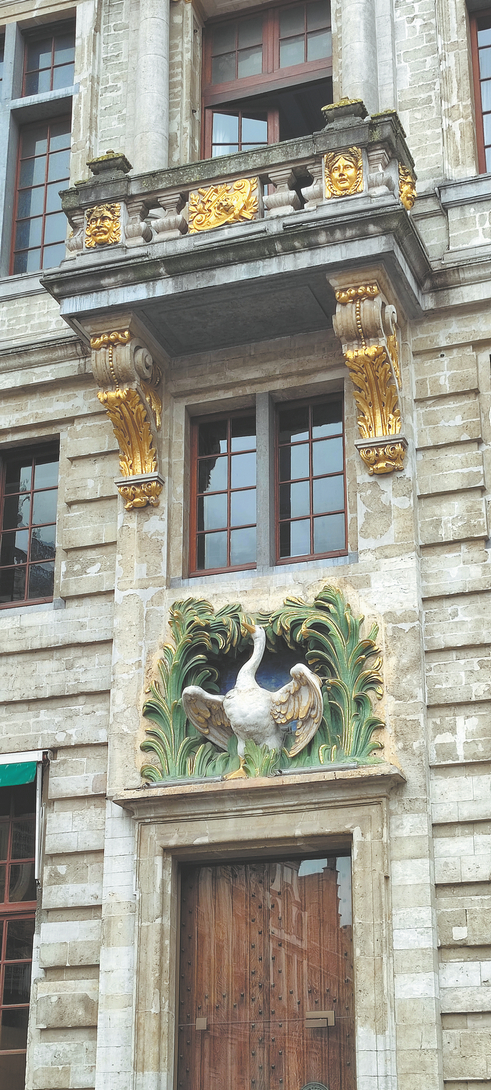Where great minds and spirits met
In Brussels' Grand Place, commerce meets poetry and wandering exiles etched their visions into Europe's memory


Charles Baudelaire: A poet's bitterness, legacy
From the Grand Place's northeast corner, a short walk past several gray-stone churches leads to a quieter street of aging buildings. On one of its dim walls hangs a plaque:
Charles Baudelaire, 1864-1866 The Grand Mirror Hotel
The name needs no introduction. Baudelaire, author of Les Fleurs du mal (The Flowers of Evil), is among the greatest poets of the French language. His verses, heavy with eroticism, decay and mortality, still appear atop best-seller lists in the Francophone world.
Yet in life, his fame was more fraught. Les Fleurs du mal, published in 1857, earned him both notoriety and legal trouble. French prosecutors accused him of obscenity; the courts banned portions of the book and fined him 300 francs, a crushing sum when a skilled worker earned only 3 or 4 francs a day.
By 1864, weary and broke, Baudelaire sought refuge in Brussels. He took up residence at the Hotel du Grand Miroir — the Grand Mirror Hotel — a modest boarding house favored by struggling writers. To make ends meet, he delivered lectures and sold books. But his oratory lacked decorum. At one lecture to young, female students, he startled his audience by saying, "It was with you that I lost my virginity as an orator" — a line that sent many young women fleeing in embarrassment.
During his stay, Baudelaire continued to write. Alongside poetry, he penned Pauvre Belgique! (Poor Belgium!), a manuscript filled with biting critiques of the country and its people.
Yet, rather than holding his bitterness against him, the city chose to honor his memory. Today his former residence bears a plaque, and in 2017 the Brussels City Museum mounted an exhibition on Baudelaire, featuring Pauvre Belgique! as a central theme.
Marx, Hugo and Baudelaire were not the only intellectual exiles who found their way to Brussels. The roll call of names who once lingered in its cafes and boarding houses reads like a who's who of 19th-century Europe: Alexandre Dumas, Heinrich Heine, Mikhail Bakunin, and many more.
They had little money but immense ambition. They spent long hours in smoky cafes, sipping cheap coffee, arguing over politics, literature and the future of humanity. They were dreamers and revolutionaries, carrying the weight of centuries on their shoulders even as they struggled to pay their rent.
Brussels, known for its tolerance, provided them with a haven in which they could write, reflect and continue their debates with words. That's what makes the Grand Place grand in the spiritual sense. While being a tourist magnet, a commercial hub, a civic square, its true grandeur lies deeper, in the layers of history and memory embedded in its stones. It was here that Marx sharpened his theories, that Hugo praised the beauty of architecture, that Baudelaire vented his frustrations.
To walk across the square today is to tread the same ground where these restless spirits once walked. The ornate facades are not merely architectural marvels; they are the backdrop against which some of Europe's greatest ideas were debated, some of its most scathing criticisms penned, and some of its most luminous literature conceived.
With such residents in its past, the Grand Place is not just the heart of Brussels. It is, in a sense, a crossroads of human history — where thought and art, politics and poetry, have converged, and where great thinkers and great writers clashed in minds.
That is what will make it truly grand for another 1,000 years.
























